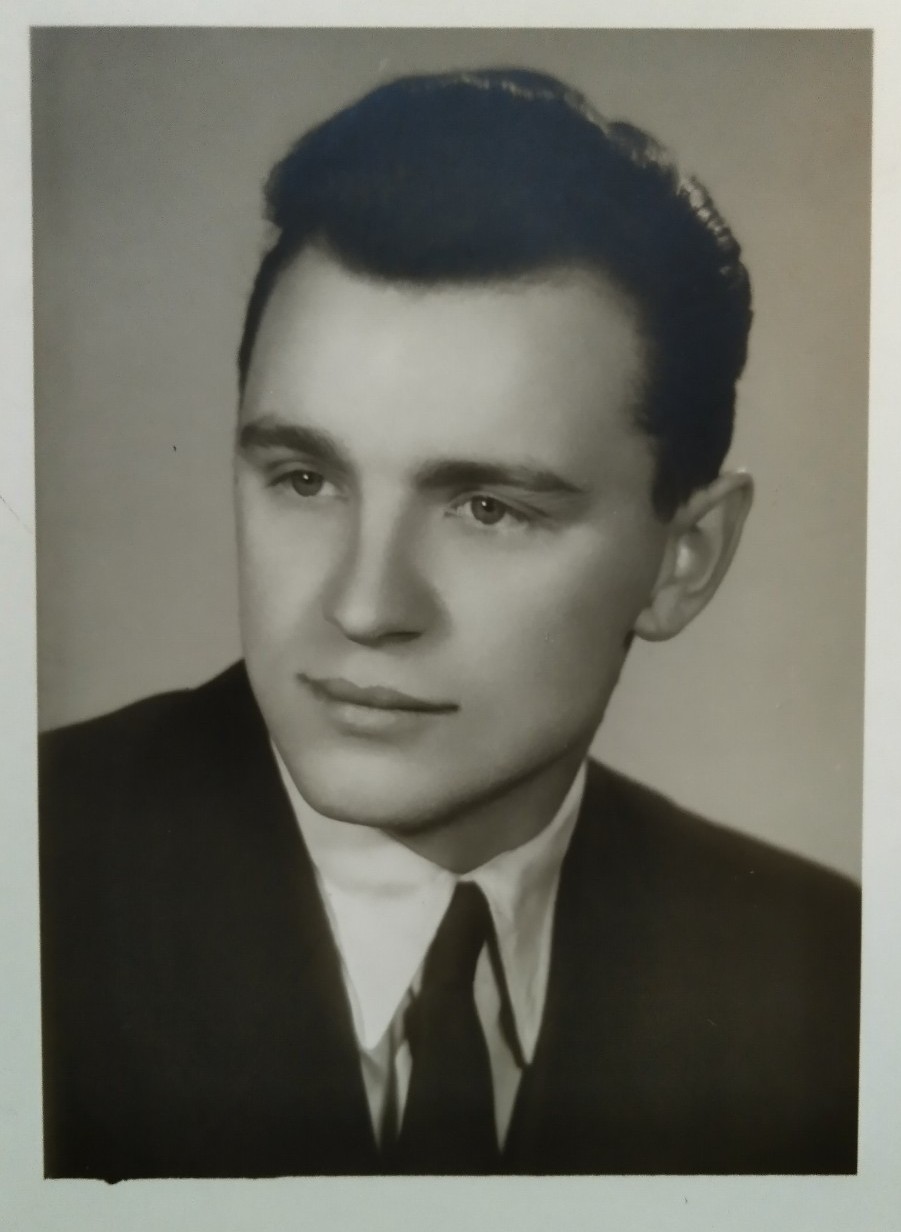I do not think about what I cannot do anymore, instead I enjoy what I can do

Stáhnout obrázek
Karel Mikolín was born on 25 February 1924 in Brno as the first child of Karel and Terézie Mikolínová. Her mother was Czech and her father German. The Mikolín’s family first lived in a one-room apartment without electricity, and in 1936 they became caretakers in a luxurious Brno apartment building. He remembers the announcement of mobilisation in September 1938 and the arrival of German soldiers in Brno in March 1939. After the first year of the upper primary school, he entered the second year at the grammar school, and after the fourth year he went to work to the Válek company, where he trained as an electrician in 1939-1943. In February 1944 he was forced to work in a small arms factory in Erfurt. In February 1945 he was transferred to Dvůr Králové nad Labem to work for Junkers company, from where he fled home to Brno. He experienced the bombing of Brno and the liberation by the Red Army. He was involved in the reconstruction of the railway line between Brno and Blansko, and in September 1945 he entered the secondary industrial school, which he completed four years later. In 1946 he joined the Communist Party of Czechoslovakia, in August 1948 he got married, he has one son. After graduation he worked in Moravskoslezské elektrotechnické závody. He completed his military service in Slovakia and remained in the army. He graduated from the military academy and worked as a commander of the signal troops in Tábor. There he also lived through the invasion in August 1968. In the seventies he was tried by a military court because of the August events, he got off with a disciplinary sentence. He retired in 1982 with the rank of colonel. In retirement, he worked in a warehouse and was also given the responsibility of creating an effective civil defence in Písek. He watched the revolution in November 1989 with suspicion, believing that it was possible to reform the system without it. Today, he watches with dismay the military invasion of Ukraine by the Russian Federation. He lives in Písek.

















